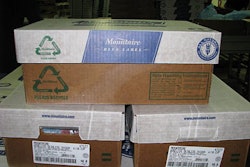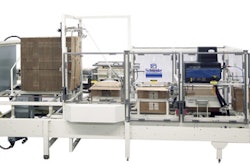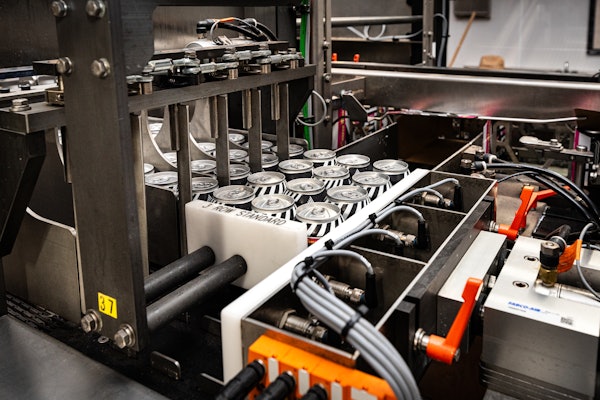Canada’s Corporate Knights magazine for clean capitalism has announced its sixth annual Global 100 list of the most sustainable large corporations in the world. This edition of the Global 100 list establishes a new standard of transparency for such ratings, the magazine notes.
The Global 100 includes companies from 24 countries encompassing all sectors of the economy, with a collective enterprise value of $4 trillion, and 3 million employees.
Among the consumer packaged goods companies, retailers, and packaging suppliers recognized in the Global 100 were the following:
• ABB Ltd., Switzerland
• Baxter Intl., U.S.
The 2010 Global 100 tapped into intelligence from the world’s largest sustainability research alliance, put together by Legg Mason’s Global Currents Investment Management, to isolate the top 10% of companies from a universe of 3,000 global stocks. The stocks were then transparently ranked based on 10 indicators, with data sourced from ASSET4, a Thompson Reuters business, and The Bloomberg Professional® service.
The top rank overall went to General Electric Co., whose score was bolstered by its industry-leading ratio of sales to waste ($729,685 in sales per tonne of waste produced, good for 89th percentile of Capital Goods industry group); strong board gender diversity (almost a quarter of directors were female); and an impressive doubling of its carbon productivity (sales/tonnes of total CO2e) from 2006 to 2008. The result was a reduction in total carbon emissions from 10.8 million tonnes to 6.5 million tonnes, while increasing sales from $150 billion to $181 billion. In addition to its carbon productivity improvements, GE also increased its annualized resource productivity in excess of the 6% “sustainable path” threshold from 2006 to 2008 for waste, energy, and water, while paying 98% of its reported tax obligations over the same period.
Among the 24 countries recognized, the U.K. led the way with 21 Global 100 companies. The U.S. followed, with 12. Canada and Australia tied for third, with nine companies apiece. Rounding out the top-10 scoring countries with the most constituents were Switzerland (six), France (five), Japan (five), and Germany (four), while Brazil, Denmark, Finland, and Sweden each registered three Global 100 constituents. Fifty percent of the 2009 companies remained on the list in 2010.
‘Sustainable path’ standard evaluated
In addition to social indicators, such as CEO-to-average worker pay and diversity of board directors, the 2010 Global 100 established and measured companies against an objective “sustainable path” standard for energy, carbon, water, and waste ratios. This standard was set at achieving annualized resource productive gains in excess of 6%, a threshold informed by research by Lord Nicholas Stern, the McKinsey Global Institute, and Factor Four literature. By this measure, 71% of the 2010 Global 100 are on a path toward sustainable resource use.
Toby Heaps, editor-in-chief of Corporate Knights, says, “Bu using clear metrics to show investors which companies stand out from their peers, we hope to create a virtuous cycle where the most sustainable companies attract the most capital and earn the best returns.”
From its inception in February 2005, the Global 100 most sustainable corporations has achieved a total return of 23.67%, outperforming its benchmark (the MSCI All Country World Index) by 334 basis points per annum to January 25, 2010.
Says Matthew Kiernan, chief executive of Inflection Point Capital Management, notes, “Given the range and quality of inputs in creating the Global 100, we would expect the Global 100 to become over time the ‘international gold standard’ for sustainability indexes. We anticipate that demand from leading institutional investors will be strong.”

























